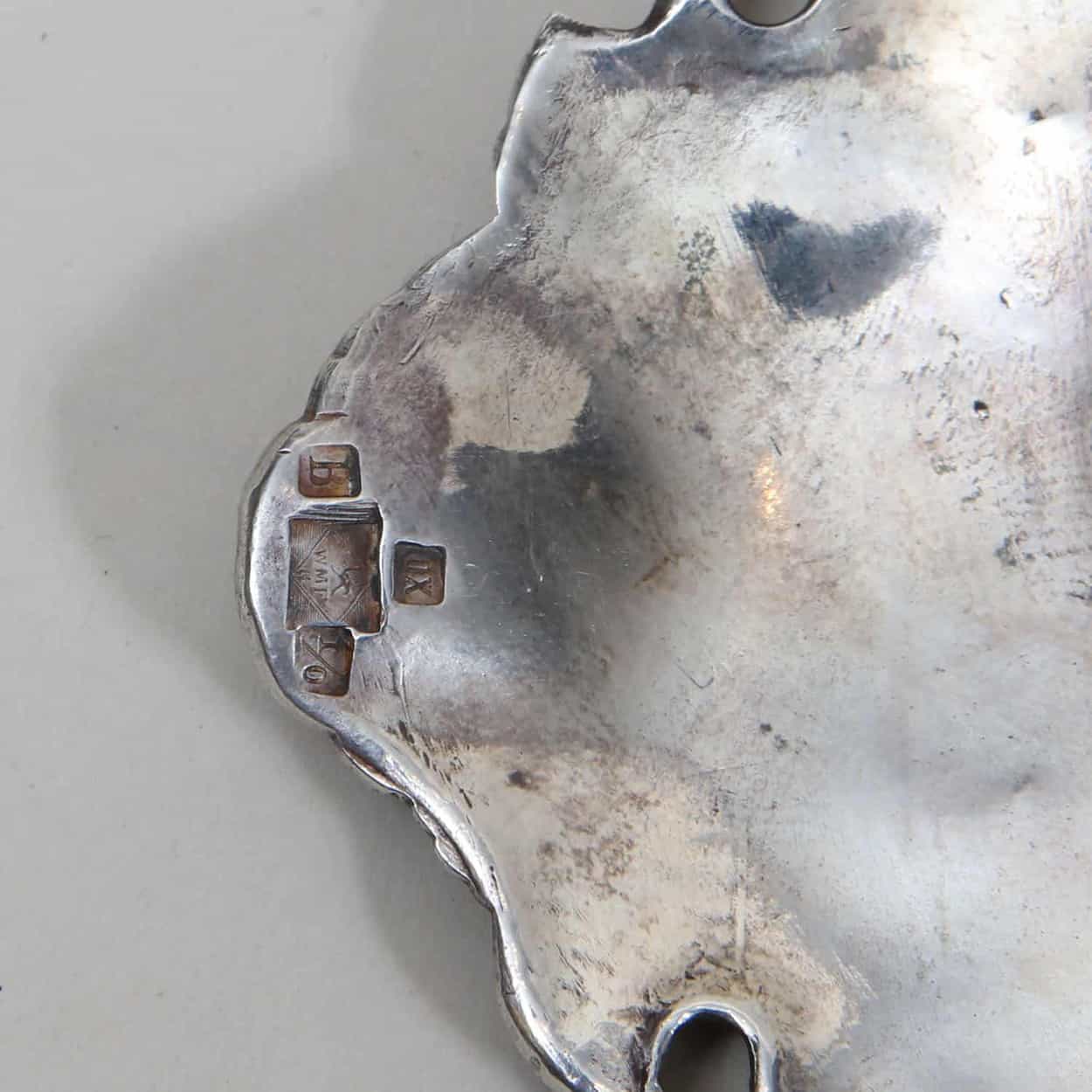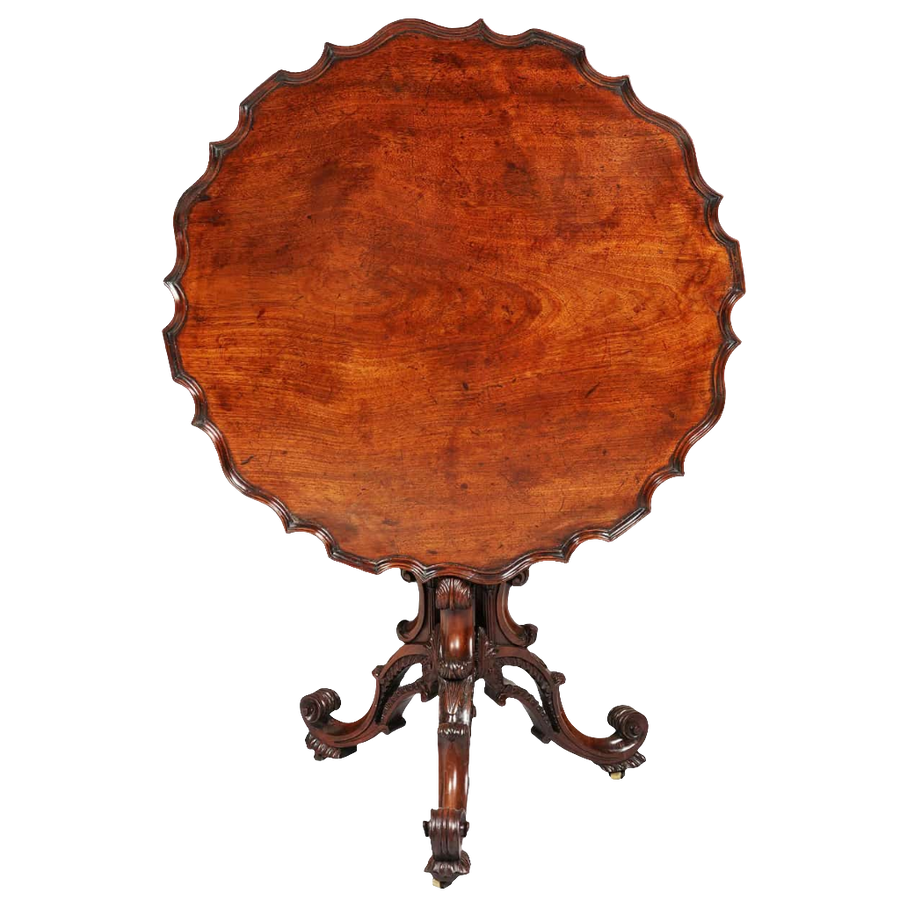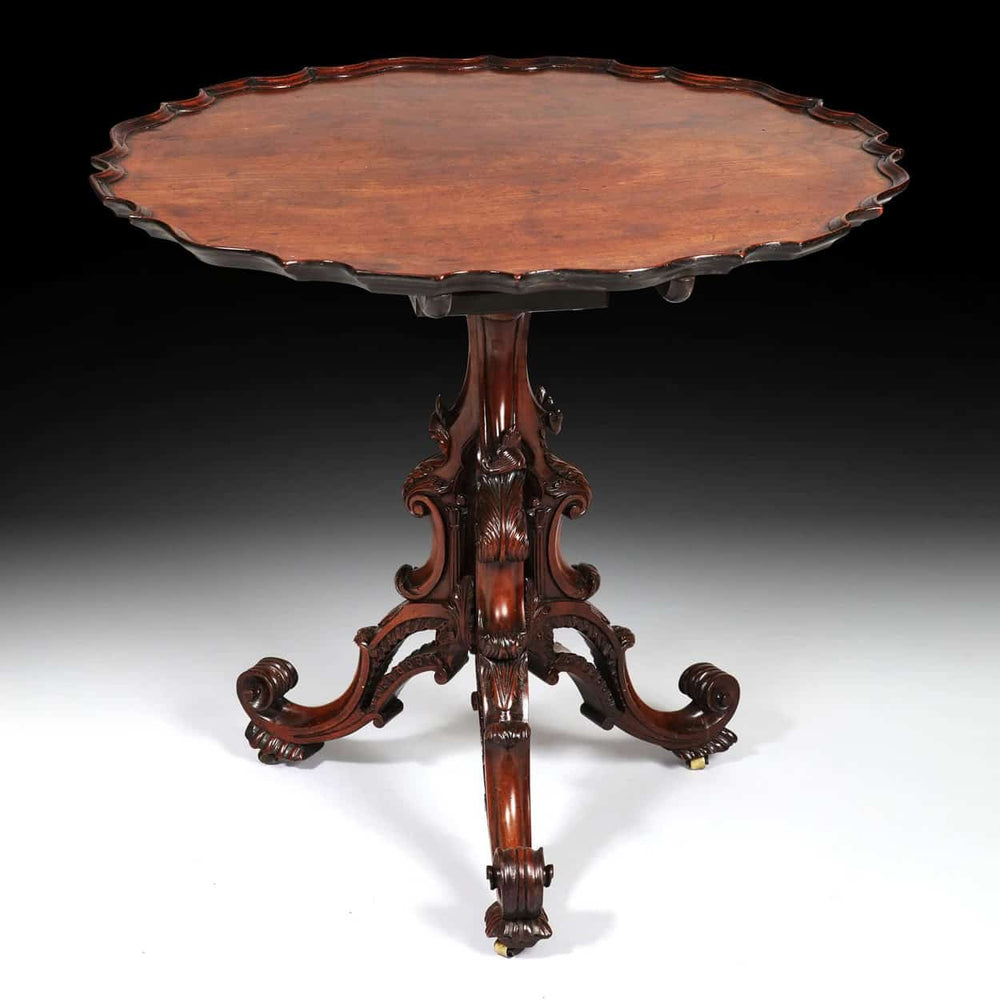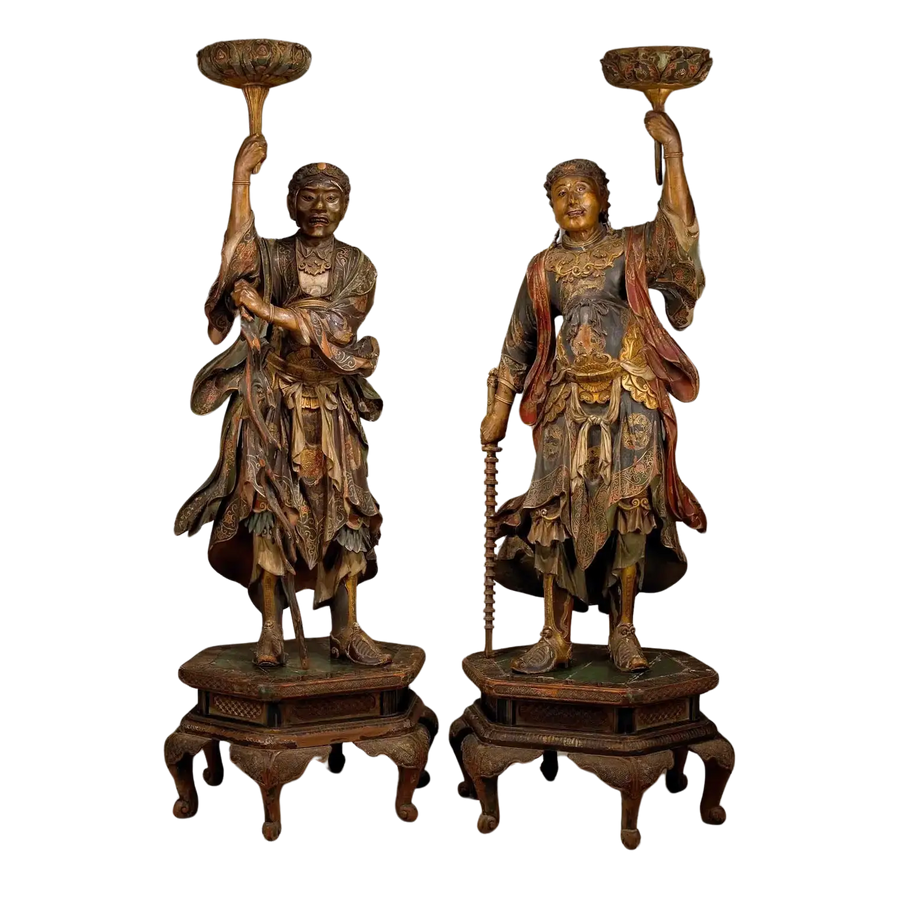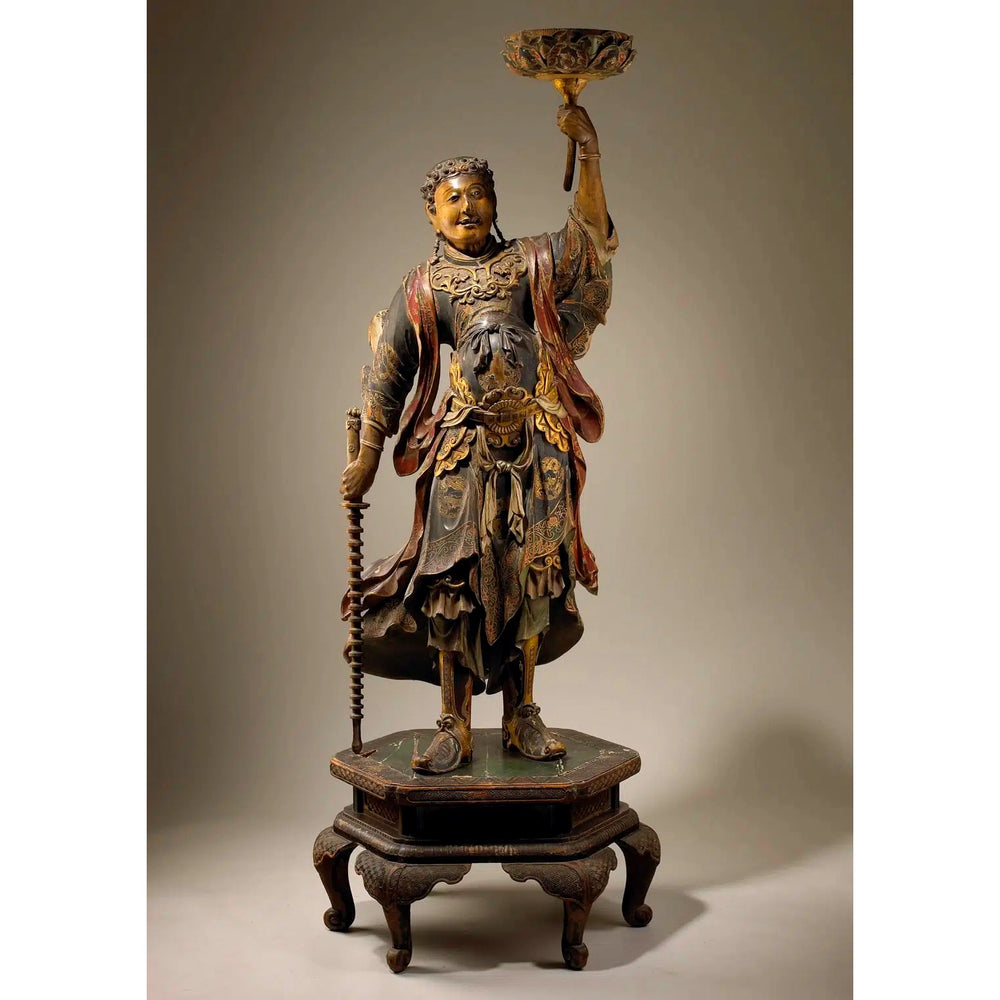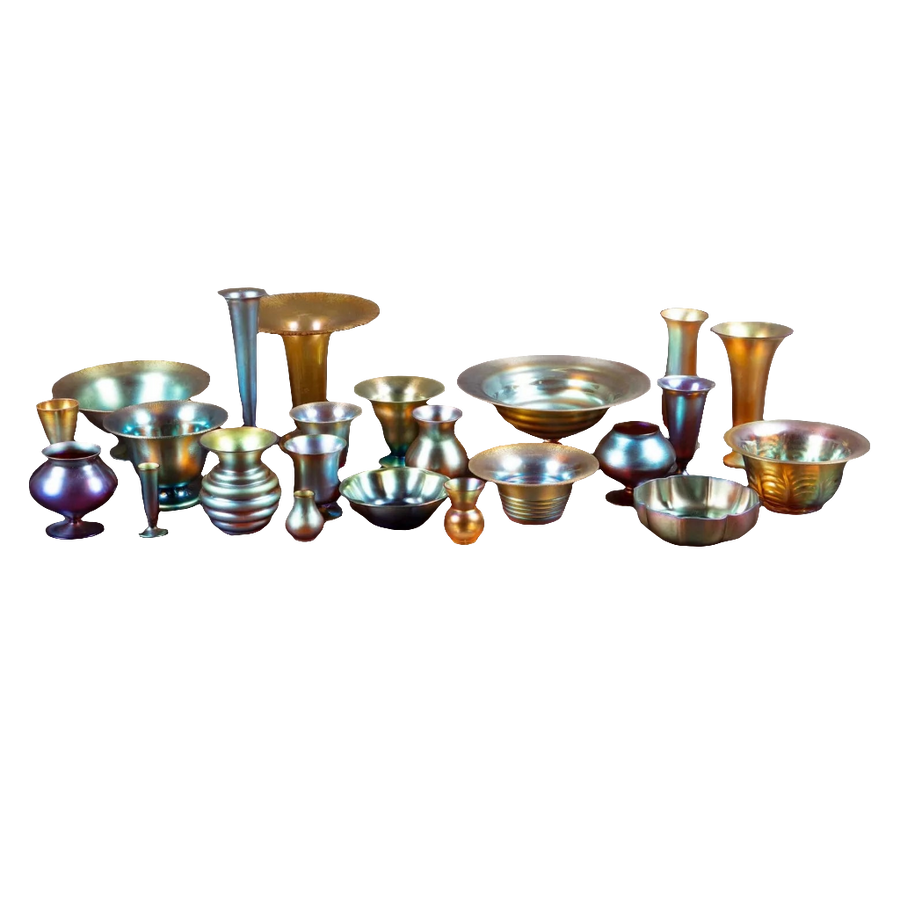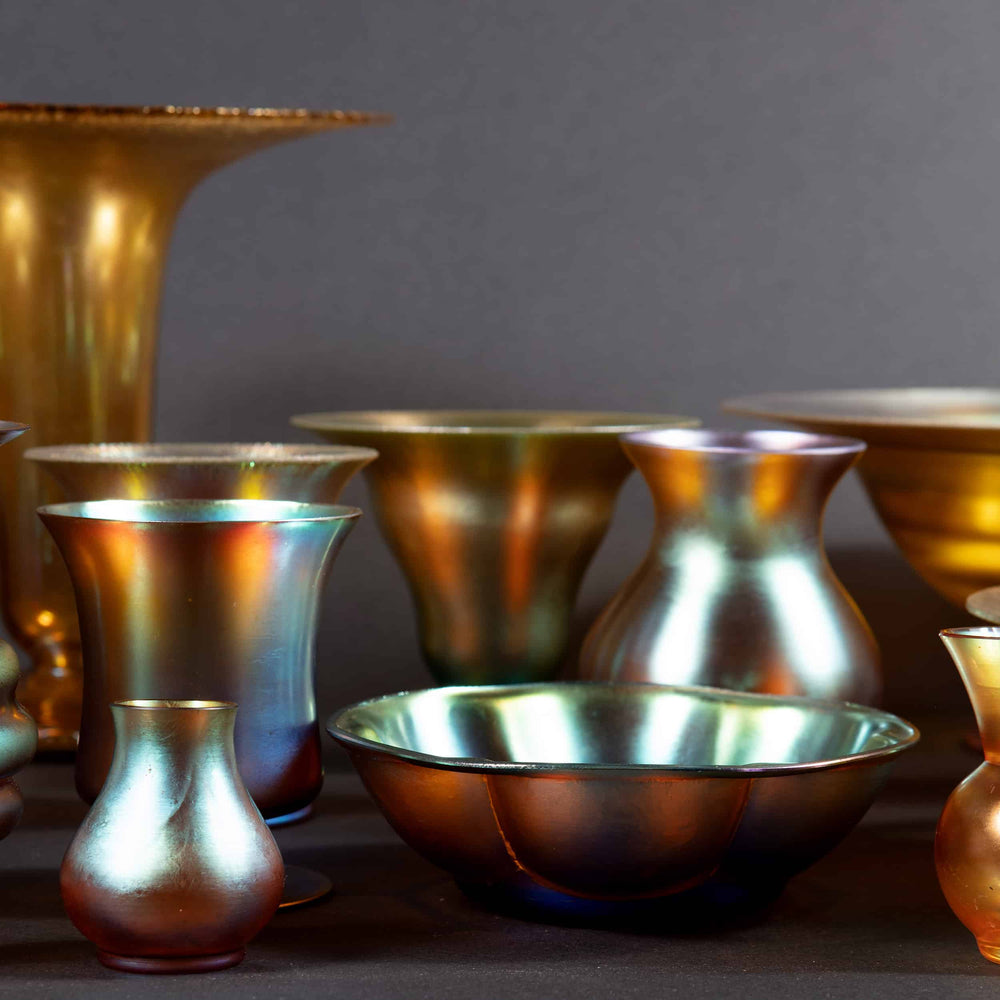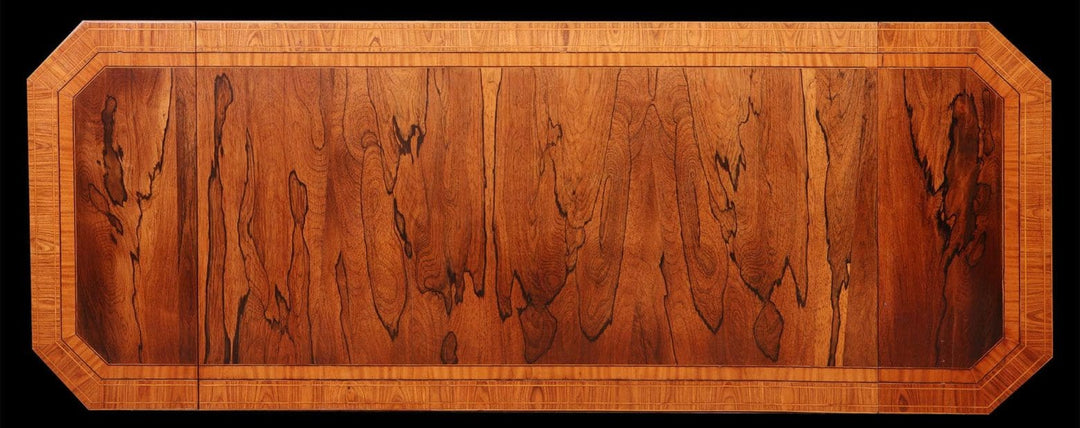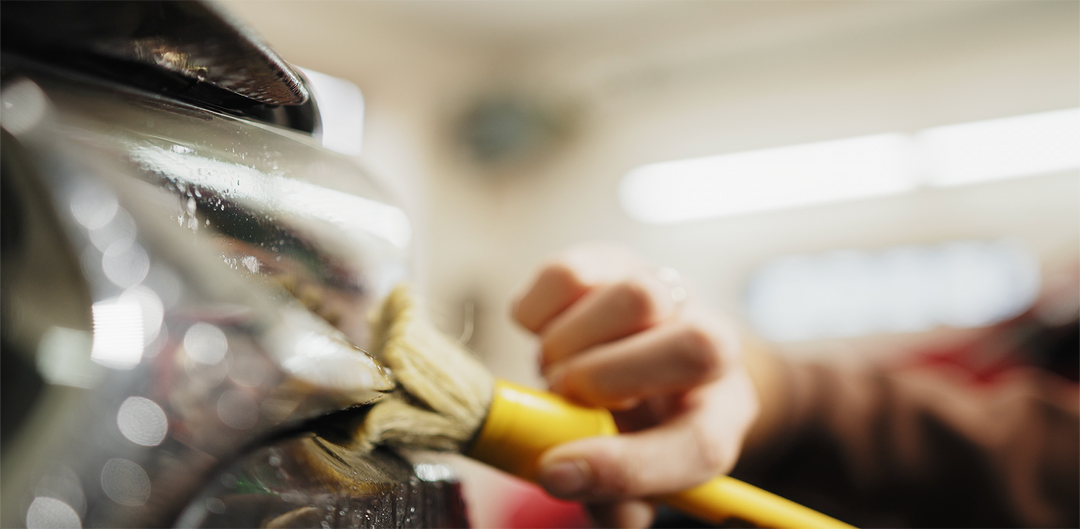WMF (Württembergische Metallwarenfabrik) is a German manufacturer renowned for its innovation, craftsmanship, and influence on decorative arts from the 19th century to today. Founded in 1853 in Geislingen an der Steige by Daniel Straub and Wilhelm Schweizer, the company quickly established itself as a leading producer of high-quality metalware and glassware.
Early Production
In its early years, WMF specialised in practical household goods such as cookware, cutlery, and domestic metal items. Their reputation grew rapidly thanks to the precision and durability of their products.
Art Nouveau and Art Deco Masterpieces
WMF’s greatest acclaim came between the late 19th century and the mid-20th century, when the firm became internationally celebrated for its Art Nouveau and Art Deco designs. Employing leading designers such as Albert Mayer, Paul Haustein, and Karl Wiedmann, WMF produced some of the most iconic metal and glass pieces of the period, including decorative tableware, centrepieces, and lighting.
Innovation and Craftsmanship
The company pioneered advanced electroplating techniques, creating a distinctive and durable silver-plating process that set new standards for quality. Alongside silverware and tea services, WMF developed a wide range of decorative glassware, including sought-after iridescent glass during the Art Deco era.
WMF Today
Still headquartered in Geislingen an der Steige, WMF continues to thrive as a global brand, producing kitchenware, cutlery, and household design pieces in more than 40 countries. Its legacy rests on a unique combination of artistic innovation and technical excellence, making WMF one of the most enduring names in European decorative and applied arts.
WMF (Württembergische Metallwarenfabrik) is a German manufacturer renowned for its innovation, craftsmanship, and influence on decorative arts from the 19th century to today. Founded in 1853 in Geislingen an der Steige by Daniel Straub and Wilhelm Schweizer, the company quickly established itself as a leading producer of high-quality metalware and glassware.
Early Production
In its early years, WMF specialised in practical household goods such as cookware, cutlery, and domestic metal items. Their reputation grew rapidly thanks to the precision and durability of their products.
Art Nouveau and Art Deco Masterpieces
WMF’s greatest acclaim came between the late 19th century and the mid-20th century, when the firm became internationally celebrated for its Art Nouveau and Art Deco designs. Employing leading designers such as Albert Mayer, Paul Haustein, and Karl Wiedmann, WMF produced some of the most iconic metal and glass pieces of the period, including decorative tableware, centrepieces, and lighting.
Innovation and Craftsmanship
The company pioneered advanced electroplating techniques, creating a distinctive and durable silver-plating process that set new standards for quality. Alongside silverware and tea services, WMF developed a wide range of decorative glassware, including sought-after iridescent glass during the Art Deco era.
WMF Today
Still headquartered in Geislingen an der Steige, WMF continues to thrive as a global brand, producing kitchenware, cutlery, and household design pieces in more than 40 countries. Its legacy rests on a unique combination of artistic innovation and technical excellence, making WMF one of the most enduring names in European decorative and applied arts.
Read More
